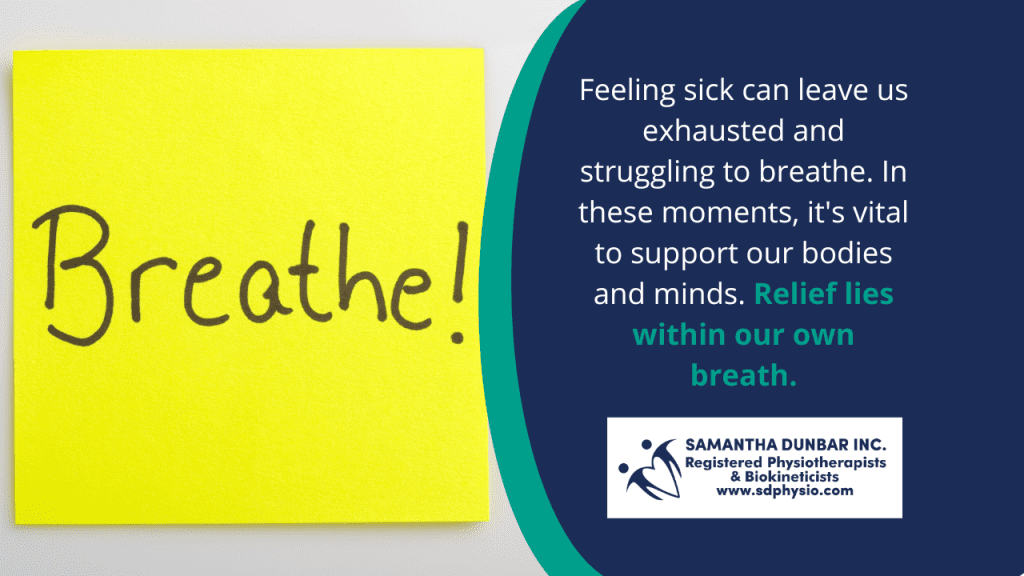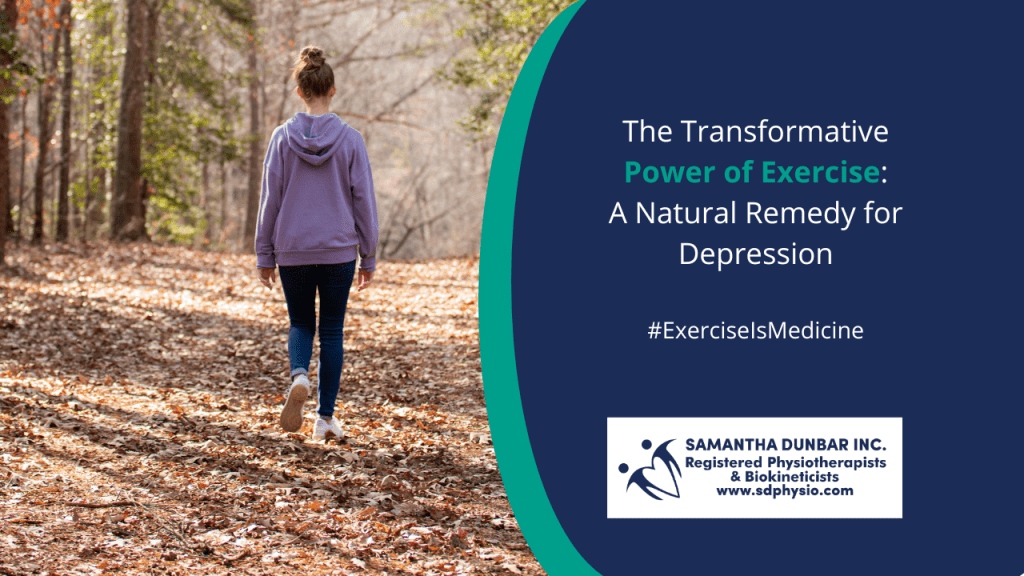Men’s Health is a broad topic, and one that is not spoken about enough. It refers to a man’s psychological, emotional and physical health. It is important to have the ability to recognize the differences in health and health care in men when compared to women.
Biological and social factors account for the differences between the genders regarding health related issues. Healthy lifestyle, management and behaviours are important factors influencing health and longevity, and men are more likely than women to engage in behaviours that increase the risk of disease and death. It is argued that social constructs are at the forefront of undermining men’s health which is directly linked to masculinity. Therefore, this will affect the way men experience stress, depression, and mental illness. It also affects the way men seek help and access resources in order to combat some of their physical, physiological or mental problems.
Taking your heath into consideration at any age is vital. It is also never too late to start developing healthier behaviours. Here are our 7 top tips regarding men’s health that are deemed to be both important and successful.
1. Have regular checkups, despite feeling “otherwise fine”.
In order to promote health and wellness check your glucose, blood pressure, cholesterol and heart rate. There is no harm!
2. If you are worried… See your Doctor.
It’s also important to see a doctor if you have noticed changes in your sleep or bathroom habits, have a cut or sore that doesn’t seem to heal, notice changes in your moles or birthmarks, or if you’re experiencing unexplained weight fluctuations or sexual dysfunction. Many conditions start small and gradually progress – Stop the snowball effect
3. Family history – Do not be afraid to share it with your Doctor
High blood pressure, heart disease, diabetes or other chronic health conditions may run in the family. You may be at higher risk for developing those conditions yourself. Your doctor can help you develop an action plan to minimize those risks.
4. Exercise.
Individuals 18-65 years of age should participate in moderate intensity physical activity for 30 minutes, five days per week or vigorous intensity for 20 minutes, three days per week
5. Maintain a healthy diet
It is essential to eat a balanced diet comprising of protein carbohydrates and fats unless otherwise prescribed by your Doctor. These 3 Macronutrients are the main sources of nutrition in which the body needs for energy and to maintain the body’s structure and systems
6. Cancer screenings.
Age, History, Family history and general life habits can be a good indicator for colon cancer, prostate cancer, or lung cancer.













